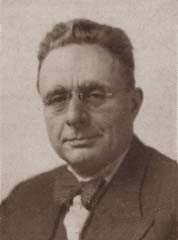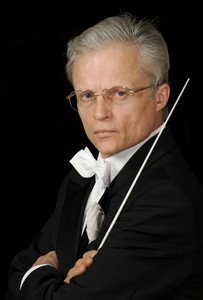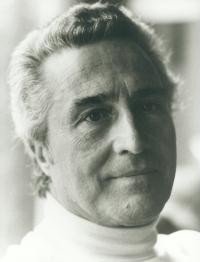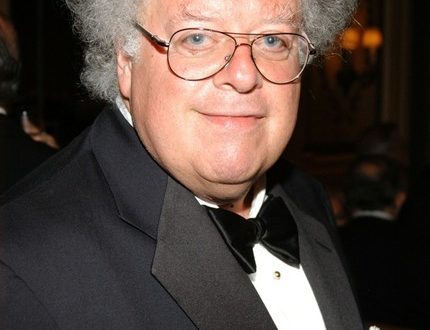
Fritz Stiedry |
Fritz Stiedry

The magazine Life of Art wrote at the end of 1925: “The list of foreign conductors who performed on our stage was replenished with a major name … Before us is a musician of great culture and artistic sensitivity, combined with remarkable temperament and the ability to recreate in perfectly proportioned sonorities the deep musical artistic intention. The outstanding performance achievements of Fritz Stiedry were appreciated by the audience, who made the conductor a great success at the very first performance.”
So the Soviet audience got acquainted with one of the outstanding representatives of the Austrian conductor galaxy of the early 1907th century. By this time, Stidri was already well known in the music world. A graduate of the Vienna Conservatory, back in 1913 he attracted the attention of G. Mahler and was his assistant at the Vienna Opera House. Then Stidri conducted in Dresden and Teplice, Nuremberg and Prague, becoming the chief conductor of the Kassel Opera in XNUMX, and a year later taking up a similar post in Berlin. The artist came to the Soviet Union as a conductor of the Vienna Volksoper, where many brilliant productions were associated with his name, including Boris Godunov.
Already during the first tour in the USSR, Fritz Stiedry developed a stormy and versatile activity. He gave many symphony concerts, conducted the operas Tristan and Isolde, The Nuremberg Mastersingers, Aida, and Abduction from the Seraglio. His art attracted both by its mighty scope, and fidelity to the author’s intention, and internal logic – in a word, the characteristic features of the Mahler school. Soviet listeners fell in love with Stidri, who regularly toured the USSR in the following years. In the late twenties and early thirties, the artist lived in Berlin, where he replaced B. Walter as chief conductor of the city opera and also headed the German section of the International Society for Contemporary Music. With the coming to power of the Nazis, Stidri emigrated and moved to the USSR. In 1933-1937 he was the chief conductor of the Leningrad Philharmonic, gave many concerts in different cities of the country, where he performed many new works of Soviet music. Under his direction, the premiere of D. Shostakovich’s First Piano Concerto took place. Stidri was also a passionate propagandist and brilliant interpreter of the work of Gustav Mahler. The central place in his repertoire was occupied by the Viennese classics – Beethoven, Brahms, Haydn, Mozart.
Since 1937 the conductor has worked in the USA. For some time he directed the orchestra of the New Friends of Music society, which he himself created, and in 1946 he became one of the leading conductors of the Metropolitan Opera. Here he most clearly showed himself in the Wagner repertoire, and in his symphony evenings he regularly performed modern music. In the fifties, Stidri still toured in a number of European countries. Only recently the artist has retired from active performing activities and settled in Switzerland.
L. Grigoriev, J. Platek





